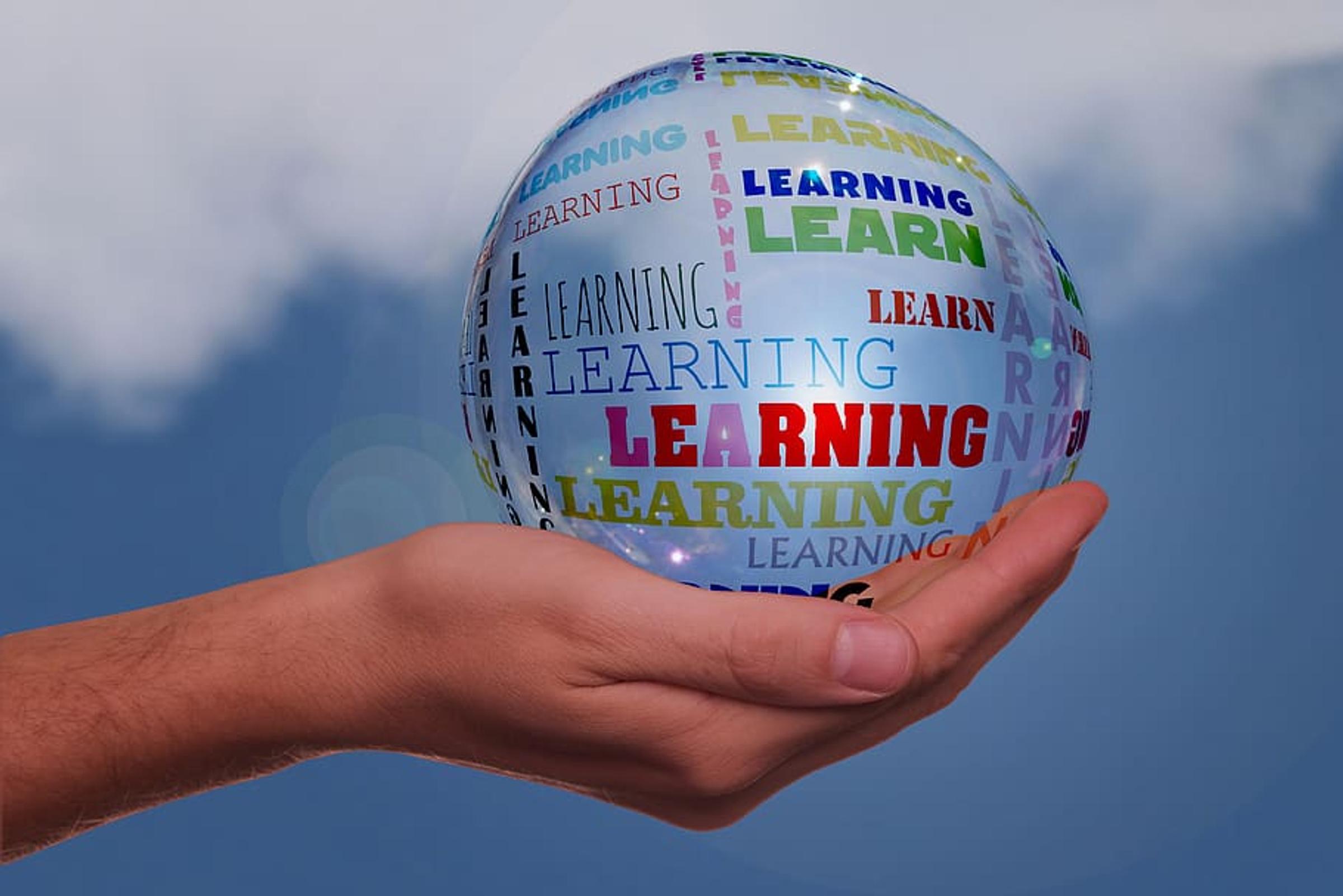From the Director of Pedagogy and Innovation

Blockers to Self-Regulation
As parents and as teachers it is very easy to overdo it for our students and children. We step in quickly when they are not doing something fast enough, or when they are not doing it the way we want them to. Often for our own sanity we do it ourselves, rather than letting children and young people work it out for themselves.
Dr Shyam Barr is an educational researcher focused on fostering students’ metacognition and self-regulated mastery. His research has shown that up to 85% of the school day is managed for students through bell-times, seating plans etc. and this is taking away students’ ability to manage themselves. Put simply, adults are doing too much for them and they are then unable to thrive when this intervention and hyper level of support is not present.
Barr recently identified three obstacles that stop our young people from taking control and managing their own learning. The first is that students do not have an age-appropriate understanding of their own cognitive processes. Explicitly teaching how motivation impacts learning and how to pick up signs their bodies are giving them around fatigue and limitations of attention can be taught more deliberately. Even with young students, teaching them to take a short movement break can be a start in this area. The more students understand about information processing and their cognitive processes the better off they will be.
His second obstacle is a lack of strategies to draw from when trying to self-regulate. We need to teach our students that when they are feeling like they are at capacity, there are options and techniques that can be used to help stay on track and avoid being drawn away for too long. To assist we can help to develop a broad array of strategies so that when one fails, they can choose another.
Finally, self-regulation needs practice and when adults over-function or do too much for young people they cannot thrive. For some students that looks like managing their conflicting sport, study and social priorities, for others it could be about managing communication to avoid becoming burnt out. For younger students it can be always carrying their bags or not allowing them to do simple jobs at home. As adults, we should be asking timely questions and providing age-appropriate support that leaves the majority of the responsibility with them. When we match high expectations with a supportive environment and opportunities to manage situations for themselves we will very likely see impressive changes in our children.
This idea of self-regulation, responsibility and accountability is not new, though with the pace of life and the best of intentions it is a head habit to break. I am looking forward to thinking this through with staff and seeing the ways that our wellbeing, tutor and RAVE programs can use this information to help our students self-regulate and self-manage.
Mr Chris Sanders
Director of Pedagogy and Innovation
